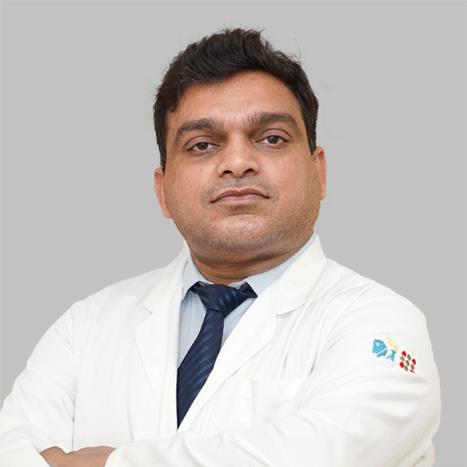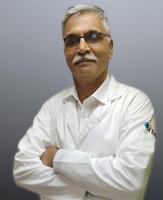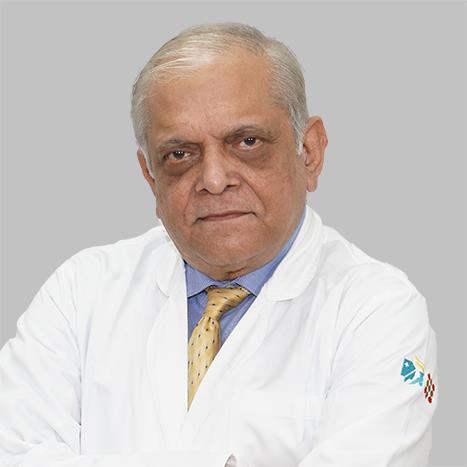Treatments Available Under Neurology:
Here are some of the best treatments under neurology available at Apollo Hospitals in Lucknow:
1. Stroke treatment: Administering clot-busting medications (thrombolytics) or performing minimally invasive procedures like mechanical thrombectomy to restore blood flow to the brain.
2. Nerve conduction studies: Assess nerve damage by measuring electrical activity along specific nerve pathways using small electrical shocks.
3. Botox injections: Botox injections to alleviate chronic migraines by targeting specific muscles and nerves in the head and neck.
Services and Facilities Available at Apollo Hospitals in Lucknow:
-
Comprehensive neurological evaluations and consultations.
-
State-of-the-art diagnostic imaging, including MRI, CT scans, and EEG.
-
Dedicated neurosurgical units equipped for advanced procedures.
-
Specialised clinics for stroke management, epilepsy, movement disorders, and neuromuscular diseases.
-
Rehabilitation services, including physiotherapy, occupational therapy, and speech therapy.
Advanced Technology and Equipment at Apollo Hospitals in Lucknow:
Apollo Hospitals in Lucknow boasts advanced equipment like high-resolution MRI scanners, PET-CT scanners, neurophysiology labs for EEGs and EMGs, state-of-the-art operating rooms, and intensive care units dedicated to neurological care.
Integrating advanced technology improves outcomes for patients seeking specialised care for neurological conditions.
Best Neurologists in Lucknow:
Apollo Hospitals in Lucknow houses some of the best neurologists who are highly experienced professionals in their field. With years of practice under their belt, these neuro physicians in Lucknow have honed their ability to diagnose complex conditions while accurately providing compassionate patient care.
If you’re experiencing symptoms related to neurology or require expert guidance or treatment for a neurological disorder or condition in Lucknow, Apollo Hospitals should be your top choice. With its comprehensive range of services and state-of-the-art facilities, coupled with the expertise of highly skilled neurologist doctors, Apollo Hospitals is committed to delivering excellent neurological care and helping patients achieve the best possible outcomes.









 Call Now
Call Now




